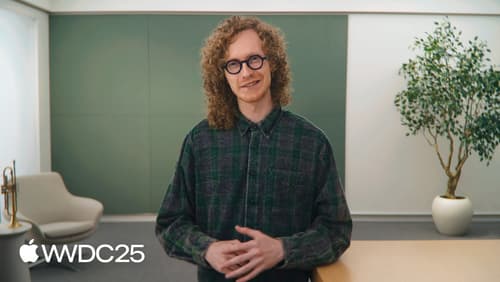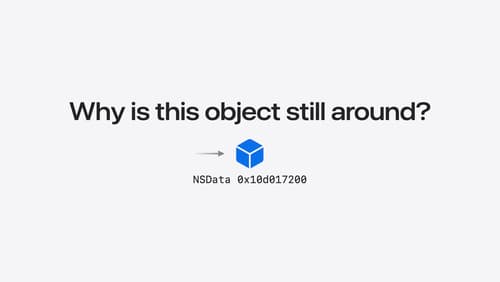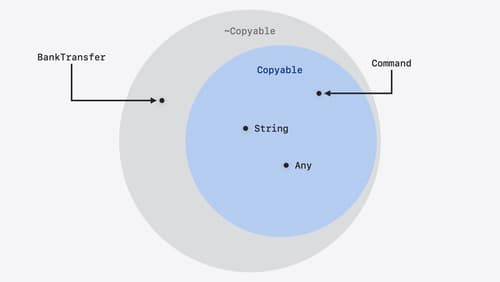objective c
Asked on 2025-06-11
1 search
It seems like you're interested in Objective-C, which is a programming language used primarily for macOS and iOS development. While the context provided doesn't directly address Objective-C, it does touch on related topics such as memory management and interoperability with Swift, which is Apple's more modern programming language.
For instance, in the session Analyze heap memory, there is a discussion about reducing reference counting overhead in Objective-C code. This involves techniques like marking methods as OBJC_DIRECT to allow inlining of Objective-C method calls, which can help reduce retain and release traffic.
If you're interested in how Swift interacts with Objective-C, the session Consume noncopyable types in Swift might be relevant, as it discusses Swift's handling of types and memory management, which can be important when working with Objective-C APIs.
If you have specific questions about Objective-C or its integration with Swift, feel free to ask!

What’s new in UIKit
Modernize your app with the latest APIs in UIKit, including enhanced menu bar support, automatic observation tracking, a new UI update method, and improvements to animations. We’ll also cover how you can include SwiftUI scenes in your UIKit app and explore SF Symbols, HDR color pickers, and more.

Analyze heap memory
Dive into the basis for your app’s dynamic memory: the heap! Explore how to use Instruments and Xcode to measure, analyze, and fix common heap issues. We’ll also cover some techniques and best practices for diagnosing transient growth, persistent growth, and leaks in your app.

Consume noncopyable types in Swift
Get started with noncopyable types in Swift. Discover what copying means in Swift, when you might want to use a noncopyable type, and how value ownership lets you state your intentions clearly.
